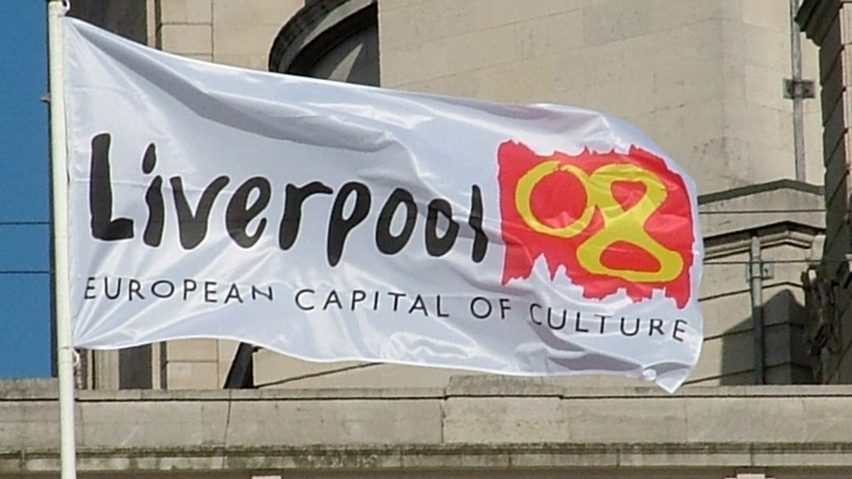The UK has been disqualified from hosting the European Capital of Culture in 2023, as a result of Brexit.
The European Commission confirmed yesterday, 23 November 2017, that the UK's turn to host the European Capital of Culture in 2023 has been cancelled, in the wake of the country's plans to leave the EU in 2019.
The ruling comes despite the fact that bids had already been submitted by five UK cities: Dundee, Nottingham, Leeds, Milton Keynes and Belfast/Derry.
The European Commission also said that the UK will not be allowed to host the event in future years.
The UK government is now holding "urgent discussions" to discuss the ruling.
"We disagree with the European Commission's stance and are deeply disappointed that it has waited until after UK cities have submitted their final bids before communicating this new position to us," reads a statement from the Department for Culture, Media and Sport (DCMS).
Industry body "gutted" about ruling
The move has also been met with criticism from the Creative Industries Federation (CIF), the representative body for the country's art and design sector.
CIF pointed out that countries outside of the EU have previously held the title, namely Istanbul, Turkey, in 2010; Stavanger, Norway, in 2008; and Reykjavík, Iceland, in 2000.
"We are gutted to learn that the UK will not be allowed to host the European Capital of Culture as planned in 2023 after Brexit," it said. "This is despite the fact that cities in Europe that are outside the European Union have participated in the scheme historically."
The body has called for the prime minister to consider the impact of the ruling on the UK's poorest cities.
"We hope the prime minister recognises that the European Capital of Culture scheme can help transform cities, delivering economic growth to the local area and making them better places to live and work," it added.
European countries take it in turns to be awarded the title of European Capital of Culture each year.
Liverpool was the last British city to be a European Capital of Culture, in 2008, following Glasgow in 1990.
After Liverpool won the Europe-wide competition, the UK launched its own City of Culture initiative in 2009. The next winning city is being decided in December, with Dezeen founder Marcus Fairs on the jury.
Ruling is "concrete consequence" of UK's decision to leave the EU
Explaining its decision to rule the UK out of future competitions, a spokesperson for the European Commission said that it was one of the "concrete consequences" to come after the country's decision to leave the EU.
"As one of the many concrete consequences of its decision to leave the European Union by 29 March 2019, the UK cannot host the European Capital of Culture in 2023," said the statement.
"According to the rules adopted by the European Parliament and the Council, this action is not open to third countries except candidate countries and European Free Trade Association/European Economic Area countries."
"Given that the UK will have left the EU by 29 March 2019, and therefore be unable to host the European Capital of Culture in 2023, we believe it makes common sense to discontinue the selection process now."

